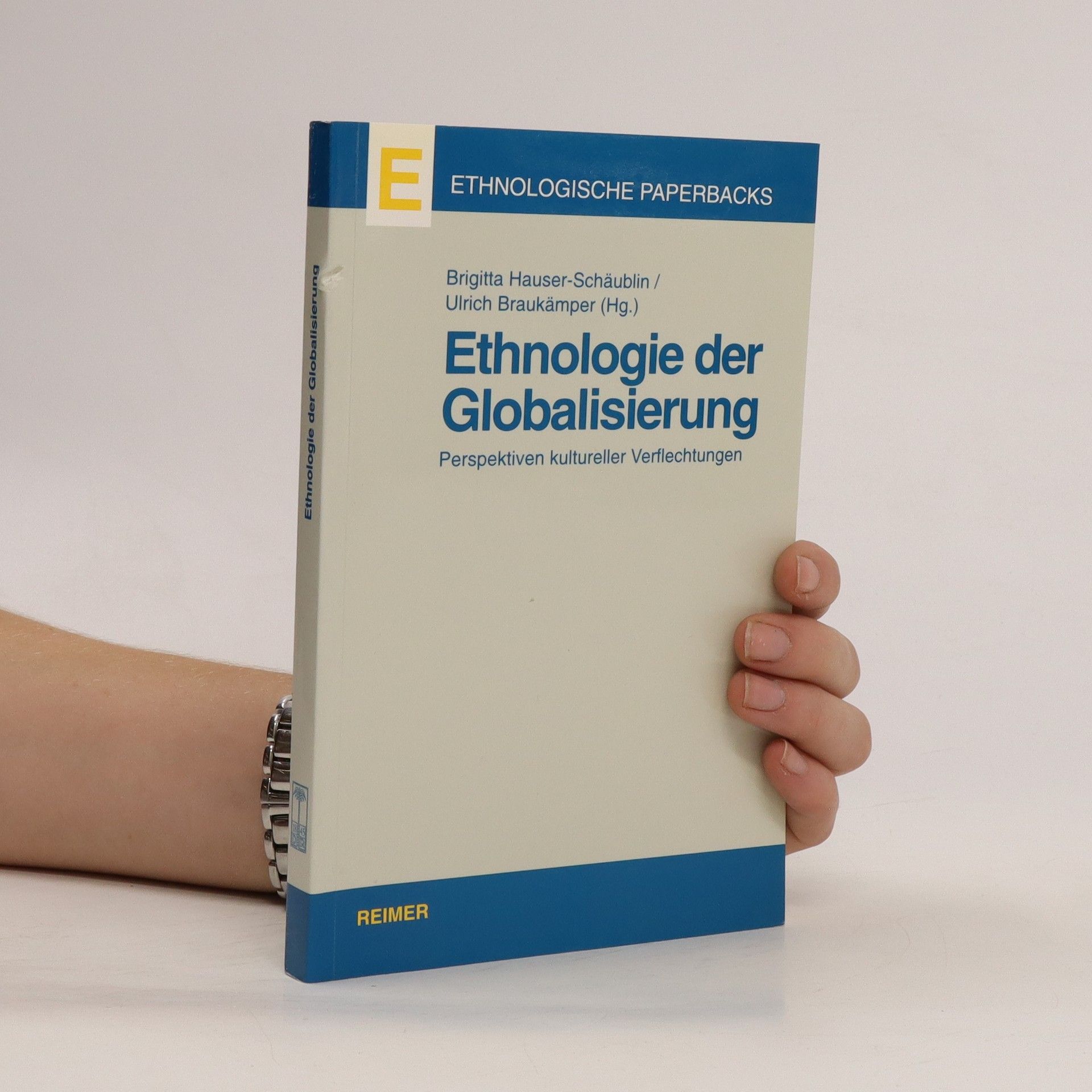In den letzten fünfzehn Jahren hat die Ethnologie die Beziehungen des „Lokalen“ zum Regionalen und Globalen sowie umgekehrt intensiv untersucht. Zwölf Autoren bieten einen tiefen Einblick in die weltweiten Verflechtungen der Ethnologie. Die Themen umfassen unter anderem die Perspektiven in einer globalisierten Welt, die Rolle von Migranten und Ethnologen in nationalen und transnationalen Kontexten, sowie die sozialen Netzwerke und Gewaltmärkte im Zusammenhang mit den Attentätern vom 11. September 2001. Weitere Beiträge beleuchten die Bedeutung öffentlicher Stellungnahmen ethnologischer Experten und die komplexen Verflechtungen von Orientierungssystemen am Beispiel des Todes der Königsfamilie in Nepal. Zusätzlich wird die Entstehung der Dichotomie zwischen Modernität und Traditionalität behandelt, ebenso wie die Konzepte von Diaspora und transnationalen Verbindungen. Die Diskussion über Lokalität im globalen Kunstdiskurs, die Materia Medica in verflochtenen Welten und transkulturelle Geschlechterbeziehungen wird ebenfalls thematisiert. Weitere Schwerpunkte sind globale Waren und lokale Aneignungen sowie die Reproduktion gesellschaftlicher Ungleichheiten durch Geschlecht, Rasse und Klasse. Schließlich wird die Frage behandelt, ob es eine Gleichschaltung ohne Grenzen gibt.
Ulrich Braukämper Livres
1 janvier 1944 – 26 octobre 2018
